The new prophecy mentions that Xi will face a rebellion from the military and local warlords. The image shows the representatives of the Chinese military attending the Two Sessions in Beijing. (Video screenshot)
[People News] The unprecedented news that broke on April 2—two CCP Politburo members swapping posts—is still stirring public discussion. Analysts suggest that Shi Taifeng, who carries Jiang faction ties, has been transferred to head the Organization Department to set the stage for personnel arrangements at the Fourth Plenary Session. This move reflects a “collective leadership” decision at the top. With growing speculation that Xi may step down due to health reasons at the Fourth Plenum, the rumors that the “Three-Dynasty Survivor” Wang Huning is making a bid for power may not be entirely groundless. If Xi’s power is indeed being curtailed, the future may not bode well for his protégé Li Ganjie.
Is Shi Taifeng Laying the Groundwork for Personnel Reshuffling?
Transferred from head of the United Front Work Department to the Organization Department, Shi Taifeng once served under Hu Jintao, Zeng Qinghong, and Xi Jinping at the Central Party School, with particularly deep ties to Zeng Qinghong. In July 2001, Shi was appointed Vice President of the Central Party School, concurrently serving as Director of its Organization Department and of the Department of Political-Legal Studies—positions that elevated him to vice-ministerial rank. At that time, the head of the CCP Organization Department was Zeng Qinghong. When Shi became vice president of the Party School in 2002, Zeng was serving as the school’s president, a role he held until December 2007. After Shi became a Vice Chairman of the Chinese People's Political Consultative Conference (CPPCC), he frequently accompanied Wang Huning on local inspection tours. Wang Huning, who had been selected as “national advisor” by Jiang Zemin and Zeng Qinghong, was the architect behind Jiang’s “Three Represents” theory. Wang later served under Hu Jintao and continues to be influential today. As such, Shi Taifeng has deep and extensive ties among the Standing Committee, though his age may bar him from joining it directly.
Following the Third Plenary Session last July, reports began surfacing of numerous Xi loyalists being purged—evidence that Xi’s grip on power might be weakening and that he may step down at the Fourth Plenum. Independent commentator Cai Shenkun even claimed that Xi's departure is a done deal, pending only a formal announcement at the Fourth Plenum—at the latest, by next year. During this transitional period, governance would be overseen by Hu Jintao, Wen Jiabao, and Hu Deping. Naturally, if Xi does step down, it won’t be of his own volition. Thus, political purges, military drills around Taiwan, and the crackdown on “senior black” and “low-level red” factions are viewed as Xi’s counterattacks to cling to power.
This helps solve a mystery: Why has the Fourth Plenum been delayed for over half a year?
Why the Long Delay in Convening the Fourth Plenary Session?
By tradition, the CCP’s Fourth Plenary Sessions are held in September or October. For example, the 15th was from September 19–22; the 16th from September 16–19; the 17th from September 15–18; the 18th from October 20–23; and the 19th from October 28–31. Historically, Fourth Plenums are used to shuffle top personnel and lay the groundwork for the next Party Congress. Given their strategic importance, the continuous delays are telling. While some attribute this to the fact that the Third Plenum was itself delayed nine months and only held last July, others argue that Xi is deliberately stalling to buy time to reclaim centralized power. This interpretation also makes logical sense.
But if Shi Taifeng was indeed placed in the Organization Department by anti-Xi forces to facilitate Xi’s removal, why is he now spearheading the internal rectification campaign? State media recently reported that Shi Taifeng was overseeing the Central Organization Department’s implementation of the so-called “Eight-Point Regulation” education campaign—a key part of Xi’s anti-corruption drive and power-consolidation efforts.
A Blood-Soaked Power Struggle
“That’s right—CCP political infighting has always involved using one’s enemy’s slogans and tools against them. Using Xi’s own campaign and rhetoric to undermine him is subtle but effective,” one analyst explained. “During the Cultural Revolution, Lin Biao and others used Mao’s anti-capitalist slogans to strike back at Mao himself.” Shi Taifeng's rectification campaign may very well target individuals disliked by the Jiang or anti-Xi camps. Expect more officials to fall in the coming months.
However, it's also inaccurate to say Xi Jinping has become powerless. He still controls key levers of power, such as the Central Commission for Discipline Inspection (CCDI), the Propaganda Department, and the Central Guard Bureau. His ability to fight back remains substantial.
Clearly, this personnel reshuffling is intensifying intra-party conflict. Backroom struggles are becoming open battles. Under Shi Taifeng’s rectification efforts, who falls next will be a key indicator. U.S.-based commentator Tang Jingyuan has previously noted: “The CCP’s internal power structure may be undergoing significant shifts. Rebalancing between factions takes time. If they can’t resolve it in time, the Fourth and Fifth Plenums may be held jointly—or not at all.” Without the Fourth Plenum, personnel appointments can’t be finalized, jeopardizing preparations for the 21st Party Congress. In a party governed by personal rule, breaking tradition and skipping the 21st Congress altogether would turn the CCP into an international laughingstock.
Another focal point is whether Li Ganjie will be moved to the CPPCC or the National People’s Congress for a peaceful exit, or whether he will be held accountable over personnel issues. This deserves close attention. At the end of March, the Politburo held a meeting chaired by Xi Jinping—but it was oddly reported by state media. The coverage spoke only of “the meeting emphasized…” without once mentioning Xi by name or referring to him as the “core of the Party.” So, who is the Party center now? It’s said that regarding recent serious disciplinary violations by Miao Hua and others, General Zhang Youxia and others questioned Xi’s judgment in personnel selections. Xi reportedly shifted the blame to the Organization Department. Li Ganjie took the fall but, for the sake of appearances, was given a soft landing—no formal punishment. Instead, a small, military-guarded meeting quietly reassigned him to the powerless United Front Work Department.
The United Front Work Department mainly implements policies on united front work involving minority nationalities, religious affairs, the private economy, and overseas Chinese. In essence, it holds no real power. Therefore, Li Ganjie’s career trajectory is a crucial barometer of the CCP's internal struggles. Historically, those removed from key posts midway through a Party Congress term tend to be politically marginalized. Before the 18th Congress in 2012, Ling Jihua—then head of the General Office and a Secretariat member—was reassigned to the United Front Work Department and later purged over ties to the Zhou Yongkang faction. Whether Li Ganjie will follow a similar path remains to be seen.
More Uncertainties
However, another theory suggests that Li Qiang is currently highly active, hosting international conferences in Beijing with much fanfare and preparing to replace Xi on a visit to the EU. He appears more like the General Secretary and President than the Premier. Meanwhile, Xi Jinping is meeting with foreign investors in Beijing and planning a trip to three Southeast Asian countries to attract investment, roles that resemble those of a Premier or the CCP’s Director of Investment Promotion. Why this role reversal? Because if Xi steps down, as the CCP’s second-in-command, the elders and the military may want Li to take over. Hence, he is being groomed. Li is the most trusted among Xi’s loyalists, and his succession might not encounter much resistance. Still, to those who believe in the Tui Bei Tu prophecy, Xi may be wary—Li Keqiang, with the “bow” radical in his name, has already passed away; Wei Dong, associated with the “hidden sword behind the eastern gate,” has been detained. Unexpectedly, the next premier's name also contains the “bow” radical—perhaps an ominous sign.
Shi Taifeng once served directly under Li Qiang in Jiangsu. From January 2016 to April 2017, Shi was Deputy Party Secretary and Governor of Jiangsu Province. Li Qiang was the Jiangsu Party Secretary from June 2016 to October 2017. The two worked together for nearly a year.
As a result, some analysts believe Shi's control of the personnel department may be part of a setup for a 21st Party Congress centered on Li Qiang. Current affairs commentator Zhou Xiaohui suggests that, amid ongoing reports of party elders steering the political situation, Shi may have shifted allegiance toward Hu Jintao. If Hu designates Li Qiang or Hu Chunhua as the next leader, it’s not impossible. After all, for CCP elders to truly control the situation, they must hold not only military power but also influence over propaganda and personnel decisions. One thing seems increasingly likely: when it comes to appointments to key CCP posts, Shi Taifeng probably no longer follows Xi Jinping’s personal instructions. Instead, he must now strictly follow orders from the current “Party Central.” Since many of Li Ganjie’s appointees have encountered problems, Shi has an excuse to serve “Party Central”,—which suggests that any personnel arrangements for the Fourth Plenum or the 21st Congress will require negotiation and compromise. Commentator Zhong Yuan believes that Xi’s former inner circle may undergo more changes and that the Politburo is brewing even more variables.
Regardless of what moves Shi Taifeng or Li Ganjie make, both contribute to new developments and variables in the elite power struggle. These may only be the opening tremors of a major shift in the Zhongnanhai power structure. Since the CCP is an illegitimate political regime founded on vicious power struggles, its officials view others through a lens of malice. Everyone—citizens and foreigners alike—is seen as harboring ambitions to bring it down. As a result, internal power struggles are often bloody, with black swans and gray rhinos lurking everywhere. A careless personnel appointment could trigger a political landmine, causing a regime-level earthquake in Zhongnanhai. It’s entirely possible that the Fourth Plenum or even the 21st Party Congress might be derailed. Let’s wait and see.

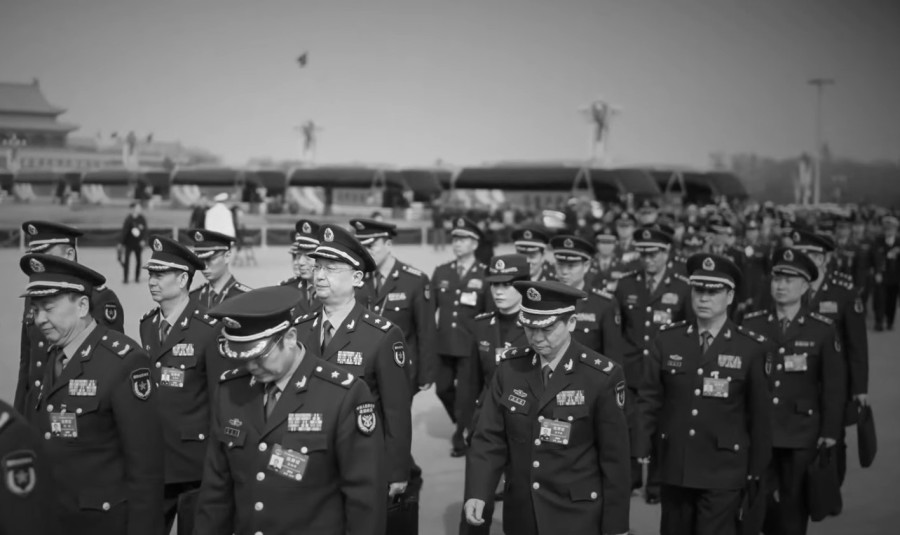
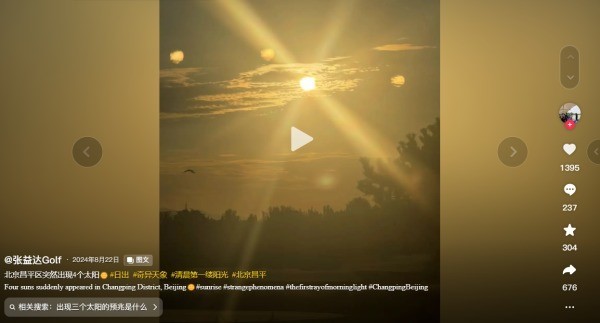


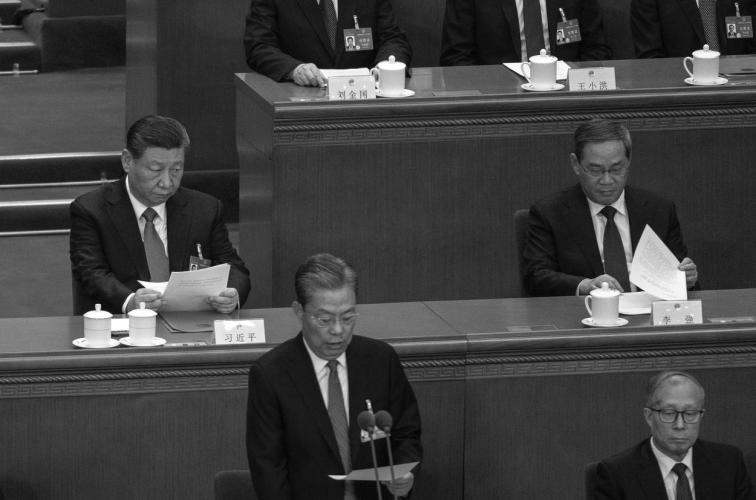
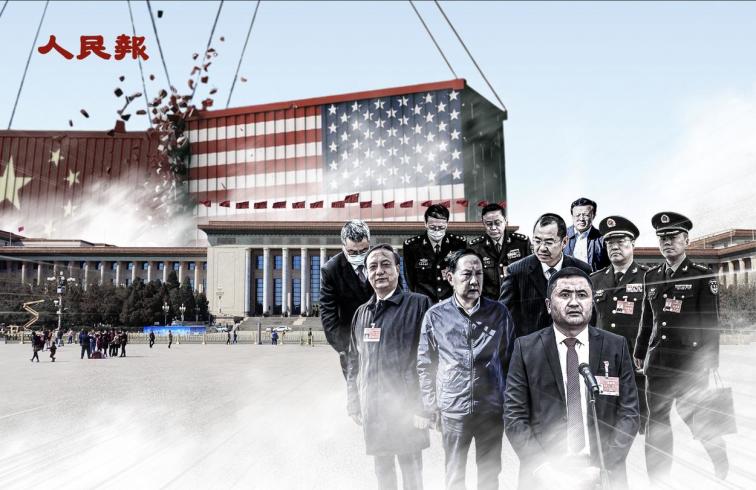

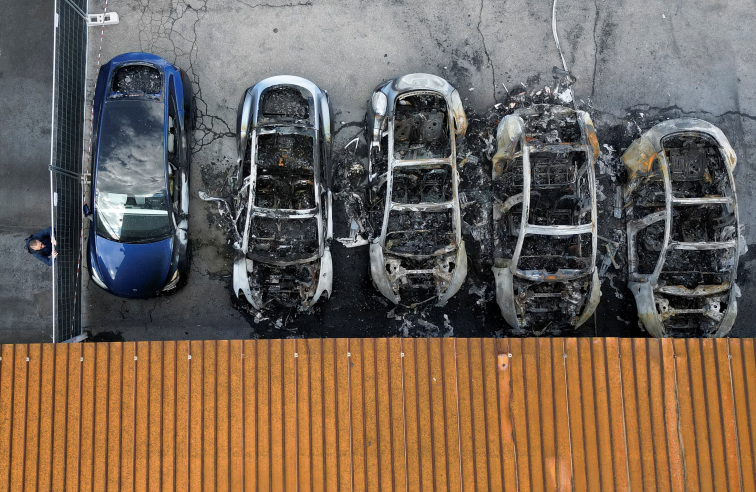
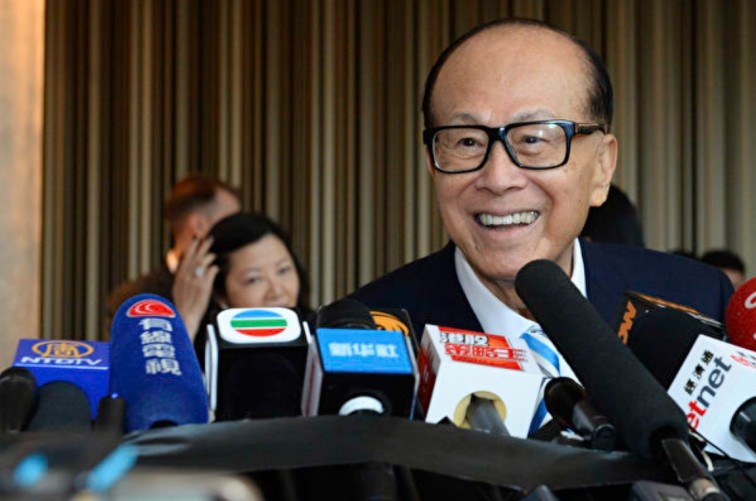

News magazine bootstrap themes!
I like this themes, fast loading and look profesional
Thank you Carlos!
You're welcome!
Please support me with give positive rating!
Yes Sure!